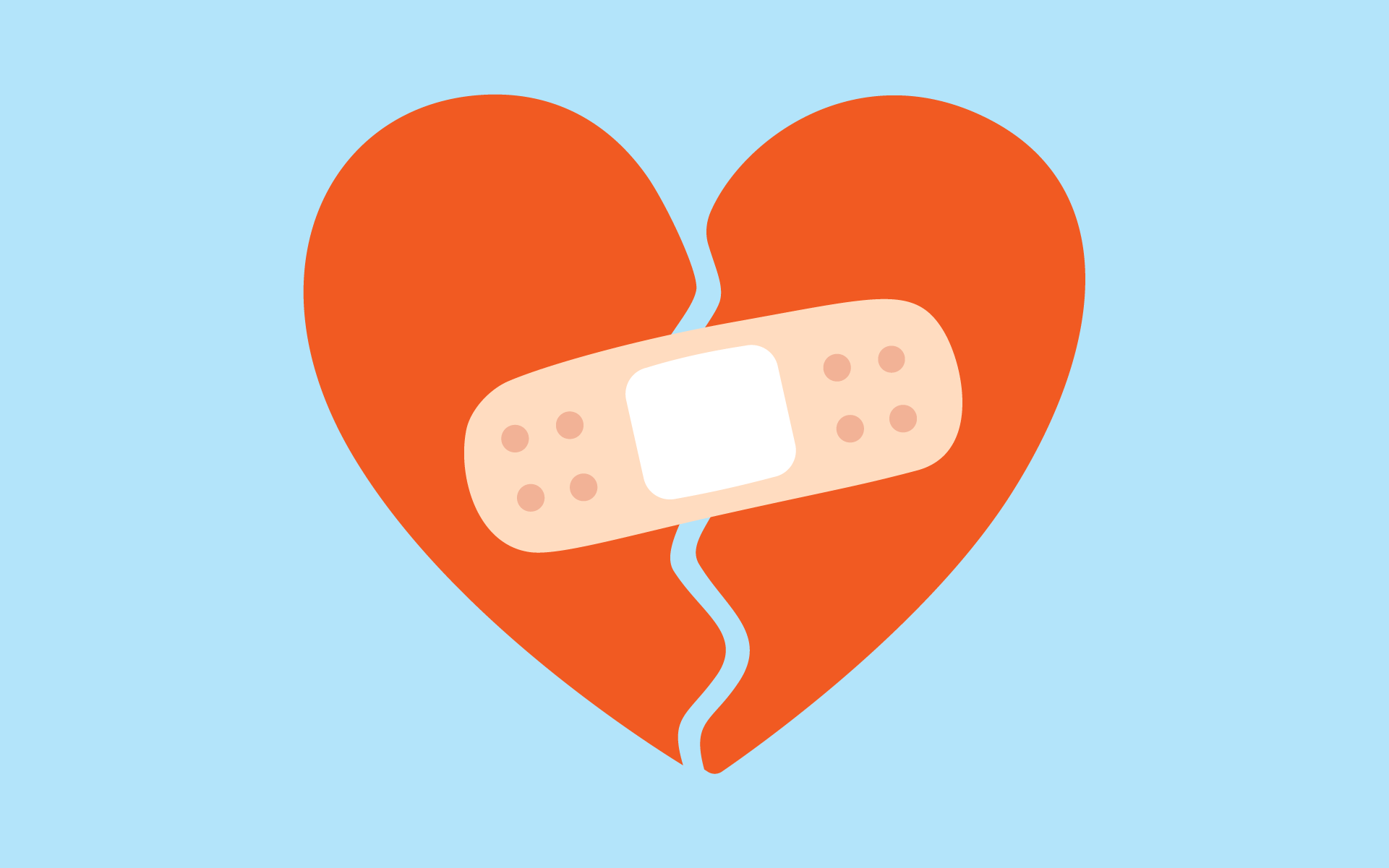What do you do when you lose the person who loved you so fully, deeply, and consistently, that the loss doesn’t feel half as devastating as the 11 years that came before what the doctors called a widowmaker heart attack?
If you are an overthinking, anxious control freak like me, you immediately feel guilty, and then you do a deep dive into how a widow should be mourning.
Those 11 years of medical fights, charts, research, trial meds, imported meds, and the devastating lows of a terminal disease were the start of my grieving process.
I knew that the end of our story was getting closer by the day. And when the day finally came, I was devastated, but not as devastated as I thought I’d be.
I was more concerned about his parents and siblings and of course, our son. The years of anticipatory grief had prepared me for this day.
I would lie awake in the early hours, “seeing” myself waking up next to his lifeless body, or being called by someone to come home immediately.
I lived the moment of his death so many times in my head. I suppose it was my way of coping. Looking back to the day it happened, I remember feeling that I wasn’t grieving properly.
I wanted to smash this grieving thing like we had smashed the obstacles that came with his disease. We made a formidable team. We figured everything out as it came our way. Why was I stumbling now?
Why did my grief feel inadequate? Why did I feel like everyone else felt his loss more than I did? Was I a bad wife? Did I not love him as much as he loved me? What was happening? Did my antidepressants make me too numb?
Our house was like a busy transport interchange in the run-up to his memorial service. I answered questions and did what I was told to do. Sign here, complete this, get in the car, get out the car, eat this, drink that. Sit there. Wait here.
It was during these days of me watching myself doing what I was told to do that a line I heard once popped into my head again. The line goes: There is no Grief Olympics. Grief and trauma is grief and trauma, no matter how small you think it is.
I remember people apologising when they vented about something to me. “Oh, listen to me venting about this while you and your husband are going through so much with his health,” they would say.
But I would sometimes beg people to vent and come to me with their struggles. And once that line popped up in my head, it was like a light had switched on. I wasn’t a bad wife. I didn’t love my husband less. I was healing at my pace.
As a mother, I had put myself entirely in his mother’s shoes. I was grieving for her loss. Because I lost my sister last year, I was grieving for his siblings, who had lost their beloved eldest brother. As a child who lost her mother at the age of 9, I was grieving for my son who had lost his hero dad.
The only grieving I wasn’t doing was as the loved and cherished wife of a man who loved me so deeply, fully, and consistently. The man who made me fall in love with all the parts of me I hated. The man who believed I was the rising and the setting of his sun.
The man whose love kept me standing through my lowest lows and whose love made me feel as tall as a giant. The man who was my cheerleader, coach, and voice of reason. The man who made me a better person and made me want to always be the highest version of myself.
So imagine my shock and surprise when I went to Dis-Chem to fetch my meds, two weeks after his passing, and I had to tell them he wouldn’t be needing his meds any longer.
I stumbled over the words, and all the feelings I felt for everyone but me came pouring out right there at Counter 1.
I sobbed, wailed, and held onto the counter until I felt people lifting me and helping me into the nurse’s cubicle.
It was then that I cried for me, my husband’s wife. The one who fought every battle alongside him. Who fought when he couldn’t.
The wife who had to let go of having a bigger family. The wife who had to help her husband in the shower, the wife who had to wash his hair on days when his limbs felt like lead. The wife who had to forego intimacy because you can either have a breathing husband or a happy ending, not both.
When I look back at my breakdown in my local Dis-Chem, I have to laugh, and I know he would have laughed as well. I spent so much time there, with staff helping me make sense of medical aid rules and procedures.
These pharmacists were my co-fighters in the war on the disease that took my husband away from me.
And today, three months later, deep in my grieving-for-myself phase, I feel a peace and comfort that can only come from him. I consider myself supremely fortunate to have loved and been loved by someone so pure and kind.
I am forever changed, but not broken. There are pieces of me that are missing, but I hope all the memories and love will fill those gaps and keep me standing on difficult days.
I’ve learned that healing comes in all forms and can happen anywhere. Most important of all, there is no healing timeline. No set start date and no set end date. It’s a process that happens differently for all of us. And that is fine.

Leave a Reply